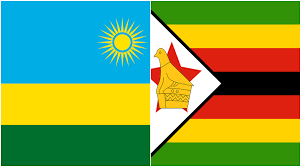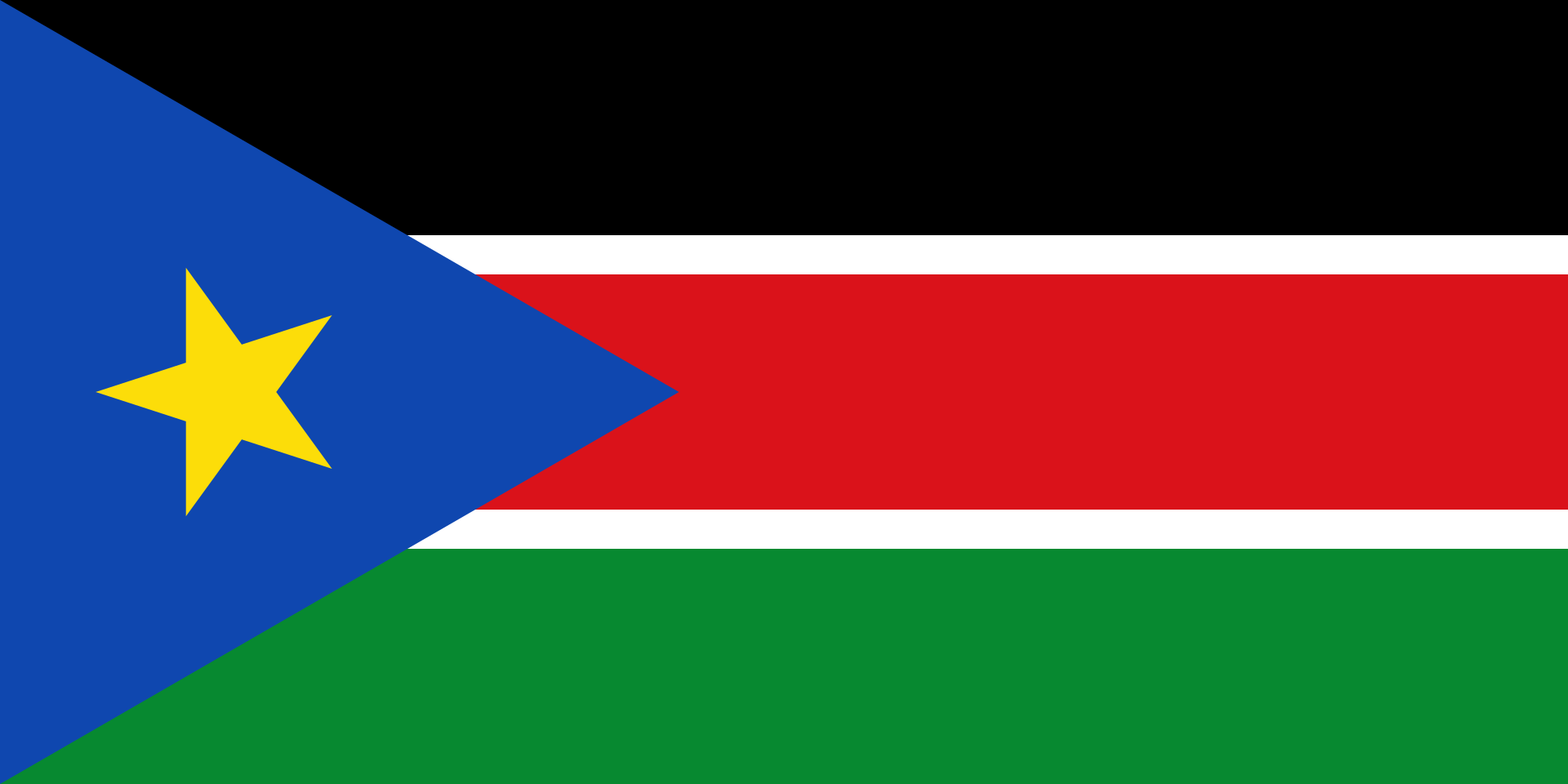MORE investment deals have been sealed between Zimbabwe and Rwandese investors as the three day Zimbabwe -Rwanda Trade and Investment Conference ended in Harare this Wednesday.
As the curtain comes down on the Zimbabwe Rwanda Trade and Investment Conference which started on Monday, it has emerged that the deliberations have been largely successful as more business and investment deals have been sealed.
This was revealed by Zimtrade Chief Executive Officer, Mr Allan Majuru at a joint news conference held in Harare this Wednesday.
“This was a fruitful event that will harness trade ties between the two countries and I can tell you that apart from the MOUs which were signed on the first day of the conference we have further come up with deals including in mining where Rwanda has signalled a huge interest to invest in. We have also come up with deals in energy generation as well agro-processing and this is courtesy of this summit,” he said.
Deputy Chief Executive Officer of Rwanda Development Board, Zephanie Niyonkuru described their tour as defining moment in opening up investment avenues between Zimbabwe and Rwanda.
“So far, part of our delegation and most of the business people who came with us have clinched investment deals with their counterparts here in Zimbabwe, but I am impressed by the opportunities that lie in the area of financing where our Financial Centre can become a conduit to strike some structured finance deals with our trading partners especially given the fact that Financial Centres are not so common in this Southern part of Africa,” said Niyonkuru.
Impressed by the local investment landscape and opportunities, Mr Niyonkuru revealed that part of their delegation has extended its stay in Zimbabwe to explore more investment opportunities in the country. - Owen Mandovha, ZBC News








